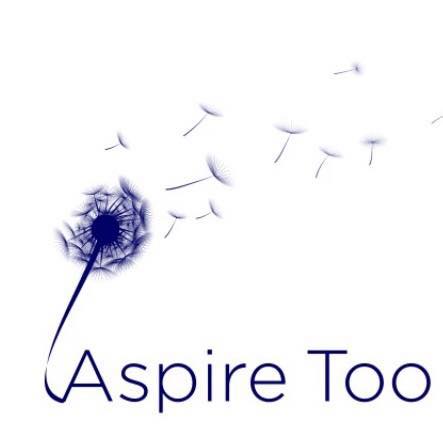Every month the associates at Aspire Too will answer your questions in our “Ask the Counsellors Feature“. Please submit your questions confidentially to [email protected]
Dear Aspire Too,
How do you get someone in to seek counselling who won’t go? They may have anxiety issues? Maybe it’s depression?
Sincerely,
Concerned About Someone I Know
Dear Concerned About Someone I Know,
Thanks for your question, this is one I get asked often. This is a situation that can be tricky to navigate. You clearly care about this person, you can see they are struggling, and you want to help out. I’m guessing by your question that you have already spoke to this person and they are currently not interested in going to counselling. A couple of things I know with certainty- counselling is most effective when it is accessed voluntarily and when the client is fully engaged in the process. If your loved one is not ready to seek help, chances are they would not have a positive or successful counselling experience at this time.
It is common for people to have some fear or anxiety when considering counselling. Often times people think that counselling can’t help them or that they should be able to sort out their problems on their own. People often contemplate counselling for years before they actually make an appointment to see someone.
Here is what you can do:
1) Express your care and concern to your loved one (using “I” statements, something like “I can see you’re struggling and I’m really concerned for you. I’m here for you and I’d be happy to help you find a counsellor.”). Do not preach, beg, criticize, or tirelessly repeat yourself. Express it once, make it meaningful, and leave the door open for future conversations on the topic.
2) If you have benefited from counselling, you can discuss your positive experiences with your loved one to normalize the process and share the ways in which counselling has helped you. Benefits from counselling include: less anxiety, greater self confidence, better relationships, regaining emotional balance, increased assertiveness, stress relief, increased coping skills, ability to set healthy boundaries, trauma resolution, and much more.
3) Learn how to manage your own anxiety regarding your concern for your loved one. Practice appropriate boundaries, recognize it is the individual’s personal choice to access counselling or not, and stop trying to swoop in and rescue your loved one. If you are struggling with knowing what is appropriate and setting healthy boundaries, it could be helpful for you to book an appointment with a counsellor to help you navigate this.
*please note: if your loved one is expressing suicidal thoughts or plans, please phone your local emergency service (in Saskatoon, it’s Mobile Crisis @ (306) 933-6200), 911, or your local RCMP detachment. Your loved one needs to be taken to the hospital to be properly assessed for risk and safety. Do not try to manage these situations on your own.
I hope this helps answer your question. Please do not hesitate to call the office @ (306) 382-2391 or visit our website www.aspiretoo.ca if you have further questions or would like to book an appointment.
Sincerely,
Elizabeth Smith, BA, BSW, RSW
Director of Clinical Services
Registered Social Worker/Clinical Counsellor
